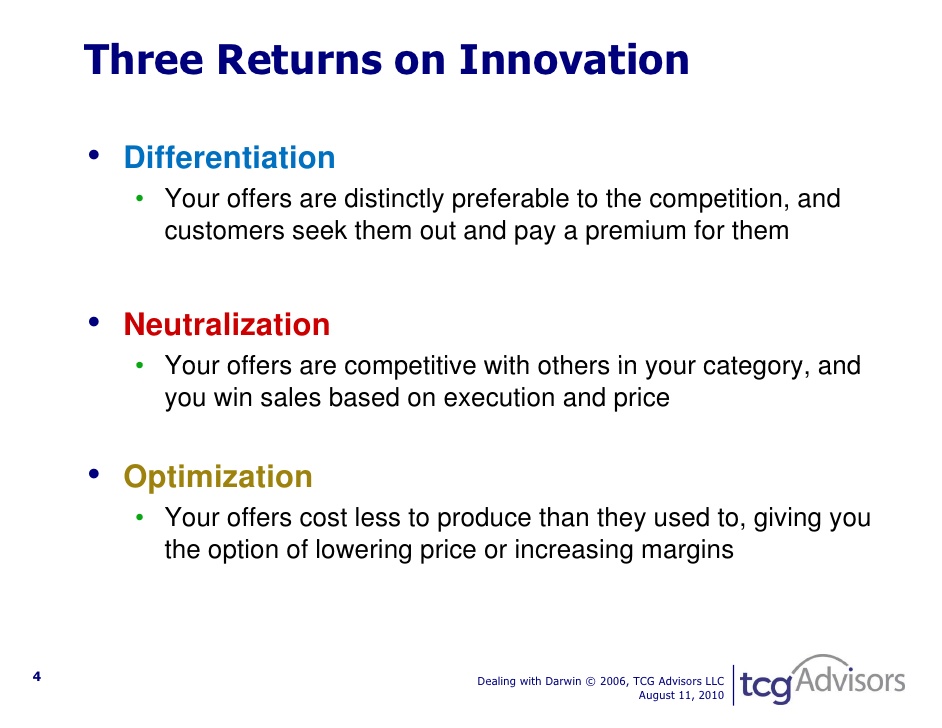| |
Wikipedia Didn't Kill Britannica - Microsoft Encarta on CDROM Did
inspired by Tim Carmody, wired.com/2012/03/wikipedia-didnt-kill-brittanica-windows-did/

Wikipedia Didn't Kill Britannica - Microsoft Encarta on CDROM Did
Print will survive.. It's print as a marker of prestige that's dying.
-------------------------------------
Britannica, Encarta, Wikipedia
-------------------------------------
Britannica went bankrupt in 1996, long before Wikipedia was a crowdsourced gleam in Jimmy Wales’ open-access eye. In 1990, the company had $650 million in revenue. In 1996, it was being sold off in toto for $135 million. What happened in between was Encarta.
Tim Carmody correctly affirms: The encyclopedia in the living room wasn't a reference tool so much as aspirational furniture, a sign to visitors but mostly ourselves that our living room wasn't dedicated in its entirety to that pagan idol television. That we were consecrated to knowledge, aspiring to something more than our surroundings. We didn't have a computer; we didn't have Britannica.
Historian Yoni Appelbaum notes that from the beginning, Britannica's cultural project as a print artifact was as much about the appearance of knowledge as knowledge itself. Britannica "sold $250 worth of books for $1500 to middle class parents buying an edge for their kids," Appelbaum told me, citing Shane Greenstein and Michelle Devereux's study "The Crisis at Encyclopædia Britannica."
In short, Britannica was the 18th/19th century equivalent of a shelf full of SAT prep guides. Or later, a family computer.
"I suspect almost no one ever opened their Britannicas," says Appelbaum. "Britannica’s own market research showed that the typical encyclopedia owner opened his or her volumes less than once a year," say Greenstein and Devereux.
"It's not that Encarta made knowledge cheaper," adds Appelbaum, "it's that technology supplanted its role as a purchasable 'edge' for over-anxious parents. They bought junior a new PC instead of a Britannica."
I asked Appelbaum about Encarta, Microsoft's CD-ROM encyclopedia, because it's an important part of Britannica's story that's easy to forget now. In fact, Microsoft pitched Britannica on developing a version of Britannica for PCs in the 1980s, with Windows 1.0. After Britannica turned Microsoft down, Microsoft partnered with Funk & Wagnall's, rebranding it Encarta and focusing on a lean, computer-specific program that could help sell personal computers beyond productivity applications like Word and Excel.
Trending Now
Before the i-Everything, There Was Steve Jobs, Steve Wozniak & the Apple lle
Encarta is more important to this story than Wikipedia. It's easy to see Britannica going web-only as a story of "Wikipedia wins, because open beats closed," and start making general statements about the fate of everything only if that's the lens you use to see every story, in no small part because you have a very short memory.
Britannica went bankrupt in 1996, long before Wikipedia was a crowdsourced gleam in Jimmy Wales' open-access eye. In 1990, the company had $650 million in revenue. In 1996, it was being sold off in toto for $135 million. What happened in between was Encarta.
Not because Encarta made Microsoft money (it didn't), or because Britannica didn't develop comparable products for CD-ROM and the web (they totally did, with the first CD-ROM encyclopedia in 1989 and Britannica Online in 1994). Instead, Encarta was an inexpensive, multimedia, not-at-all comprehensive encyclopedia that helped Microsoft sell Windows PCs to families. And once you had a PC in the living room or den where the encyclopedia used to be, it was all over for Mighty Britannica.
When Wikipedia emerged five years later, Britannica was already a weakened giant. It wasn't a free and open encyclopedia that defeated its print edition. It was the personal computer itself.
Really, Britannica's own logic was enough to do it in: costly multiple printings and biannual regular updates. But apart from a vessel for information, the primary reason for Britannica to exist as a set of printed volumes was to serve as a household totem. The PC has long since taken that place, armed with Encarta, then Wikipedia and Google, and now the robust information economy of the entire web.
Update: Although Greenstein and Devereux's "The Crisis at Encyclopædia Britannica" says "in 1990 revenues had reached record levels, but six short years later the company had declared bankruptcy," in fact, Britannica never actually declared bankruptcy. Instead, the company was sold in 1996, as noted above.
|
|








